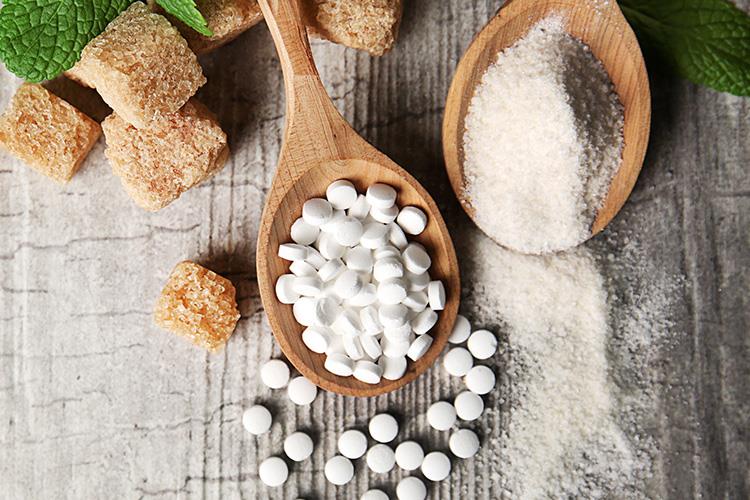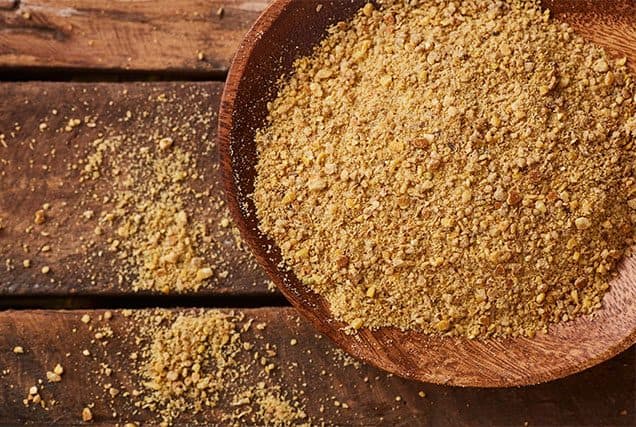What are the most important local industrial damage?

What are the most important local industrial damage?
What are the most important local industrial damage?
Artificial sweeteners may seem like a good alternative to sugar to reduce calories, but a study published in The BMJTrusted Source revealed a possible link between these sweeteners and an increased risk of cardiovascular disease, including stroke.
The study, conducted by France's National Institute of Health and Medical Research, is not the first to suggest a link between artificial sweeteners and an increased risk of heart disease, however it is the largest to date as the study included data from more than 100000 participants.
Nearly 37% of participants reported using artificial sweeteners, with participants divided into non-consumers, lower consumers (artificial sweetener intake below average), and higher consumers (artificial sweetener intake above average).
While participants consumed an average of 42.46 mg/day, the artificial sweeteners ranged from aspartame, acesulfame potassium, sucralose, cyclamate, saccharin, thaumatin, neohesperidin dihydrocalcone, steviol glycosides, and aspartame-acesulfame potassium salt.
100 thousand participants
At the end of the study, the researchers compared the number of cardiovascular conditions experienced by people who consumed artificial sweeteners with the number of conditions experienced by people who did not consume these sweeteners.
Participants reported 1502 cardiovascular events during follow-up, including 730 cases of coronary heart disease and 777 cases of cerebrovascular disease.
In addition, the study authors note that occasional use of sweeteners is not as problematic as daily use.
Daily consumption is dangerous
In this regard, they said, "It is unlikely that the occasional consumption of artificial sweeteners will have a strong impact on CVD risk."
"The association between artificial sweeteners and coronary artery disease/stroke is not surprising given the fact that sweeteners are associated with diabetes, hypertension, hyperlipidemia, hypertriglyceridemia, and obesity," said Dr. Viken Zetjian, a cardiologist at the University of Texas Health Science Center at San Antonio. “.
Dr. Zetjian noted that the study may not be able to apply to the entire population, however, he said, "It gives us an idea that sweeteners may be involved in coronary heart disease and cerebrovascular disease."






